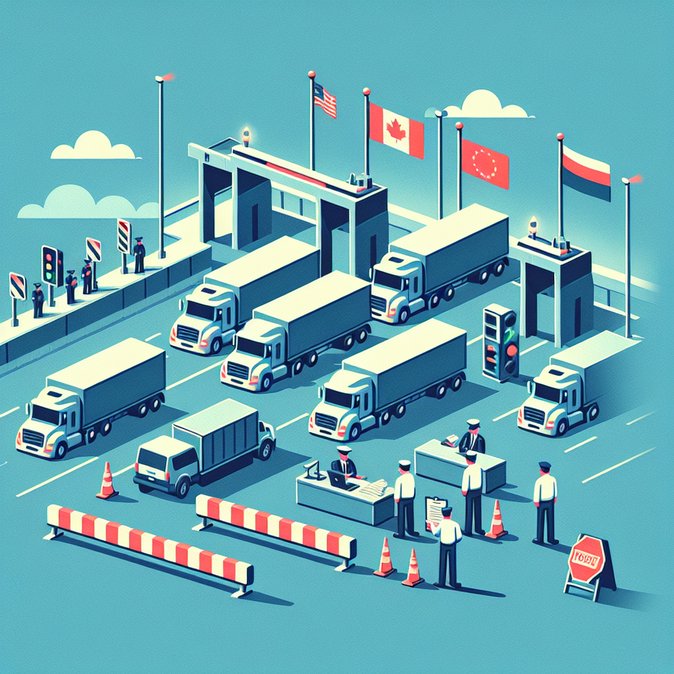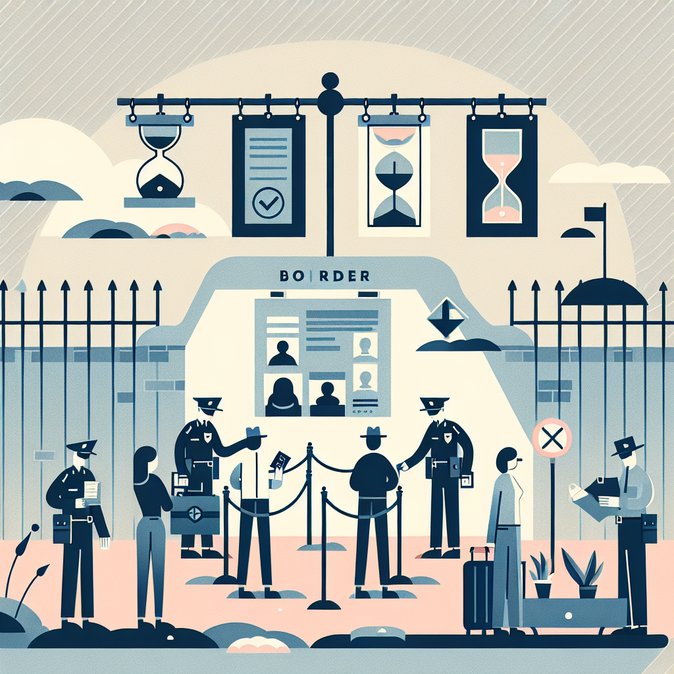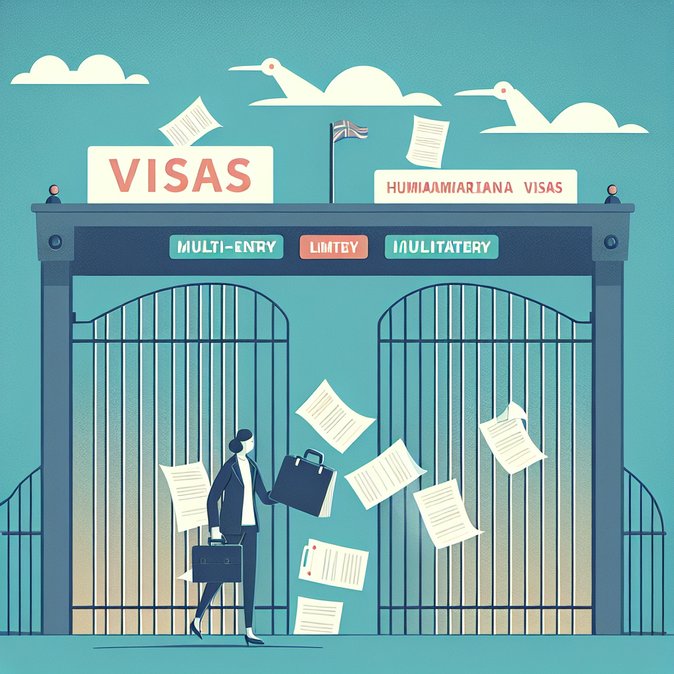
Poland plans to re-open two additional road border crossings with Belarus—Bobrowniki and Kuźnica—by the end of November, according to a report aired by commercial broadcaster RMF FM and cited by several wire services on 13 November. The move, endorsed in principle by Prime Minister Donald Tusk, aims to relieve the eight-day truck queues currently clogging the sole operating cargo gate at Koroszczyn.
Both posts were closed in early 2023 following Belarus’s facilitation of migrant push-throughs and security incidents. Their reopening will be contingent on joint technical inspections and the installation of additional surveillance hardware, Interior Ministry sources told RMF. Officials emphasise that passenger car and coach traffic may remain restricted, at least initially.
![Government signals reopening of Bobrowniki and Kuźnica crossings to ease Poland–Belarus freight bottleneck]()
For exporters of automotive components, agri-food products and household appliances—the three largest categories in Poland-Belarus trade—the additional lanes could cut lead times by up to 70 hours per round trip, according to estimates by the Polish Chamber of Forwarding and Logistics. Transport firms, however, warn that Polish sanctions law still requires carriers to verify end-users against EU-Belarus embargo lists, adding paperwork even if physical transit speeds up.
Cross-border workers are also watching the development. Approximately 3 000 Belarusian residents hold valid Polish work permits in the Podlaskie region and have been forced to fly via Vilnius since the closures.
Businesses should prepare for a staggered reopening. Customs brokers advise pre-filing electronic manifests at least 24 hours before arrival while systems are tested, and to budget for spot inspections as officers familiarise themselves with new risk-profiles.
Both posts were closed in early 2023 following Belarus’s facilitation of migrant push-throughs and security incidents. Their reopening will be contingent on joint technical inspections and the installation of additional surveillance hardware, Interior Ministry sources told RMF. Officials emphasise that passenger car and coach traffic may remain restricted, at least initially.

For exporters of automotive components, agri-food products and household appliances—the three largest categories in Poland-Belarus trade—the additional lanes could cut lead times by up to 70 hours per round trip, according to estimates by the Polish Chamber of Forwarding and Logistics. Transport firms, however, warn that Polish sanctions law still requires carriers to verify end-users against EU-Belarus embargo lists, adding paperwork even if physical transit speeds up.
Cross-border workers are also watching the development. Approximately 3 000 Belarusian residents hold valid Polish work permits in the Podlaskie region and have been forced to fly via Vilnius since the closures.
Businesses should prepare for a staggered reopening. Customs brokers advise pre-filing electronic manifests at least 24 hours before arrival while systems are tested, and to budget for spot inspections as officers familiarise themselves with new risk-profiles.
More From Poland
View all
LOT Polish Airlines opens Warsaw–San Francisco route, expanding trans-atlantic business links

Border Guard reports surge in illegal-entry attempts as Poland keeps controls on German and Lithuanian frontiers
